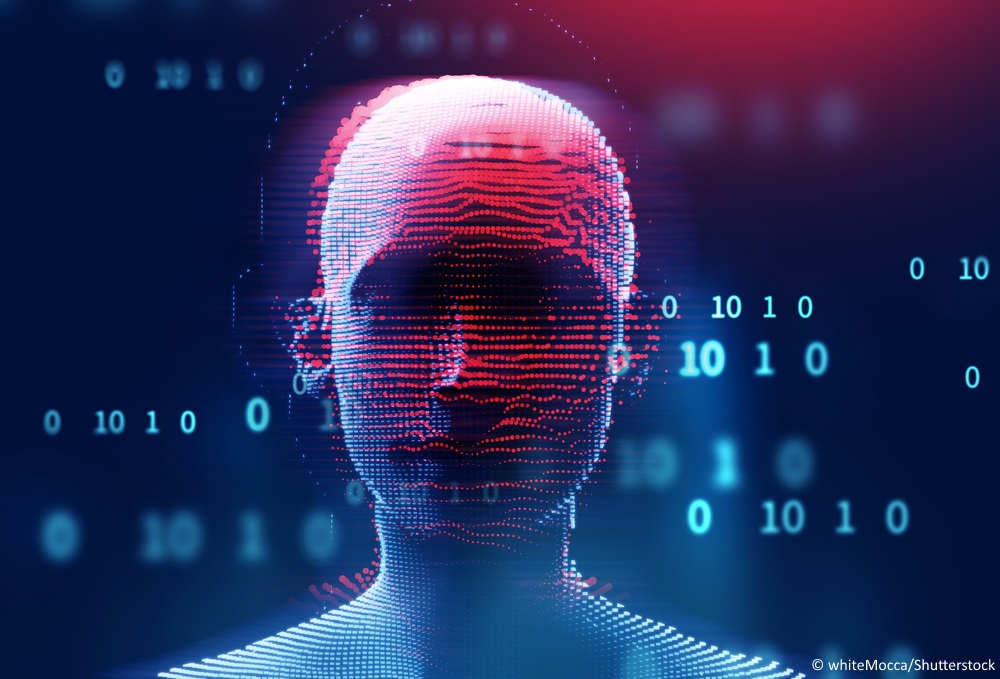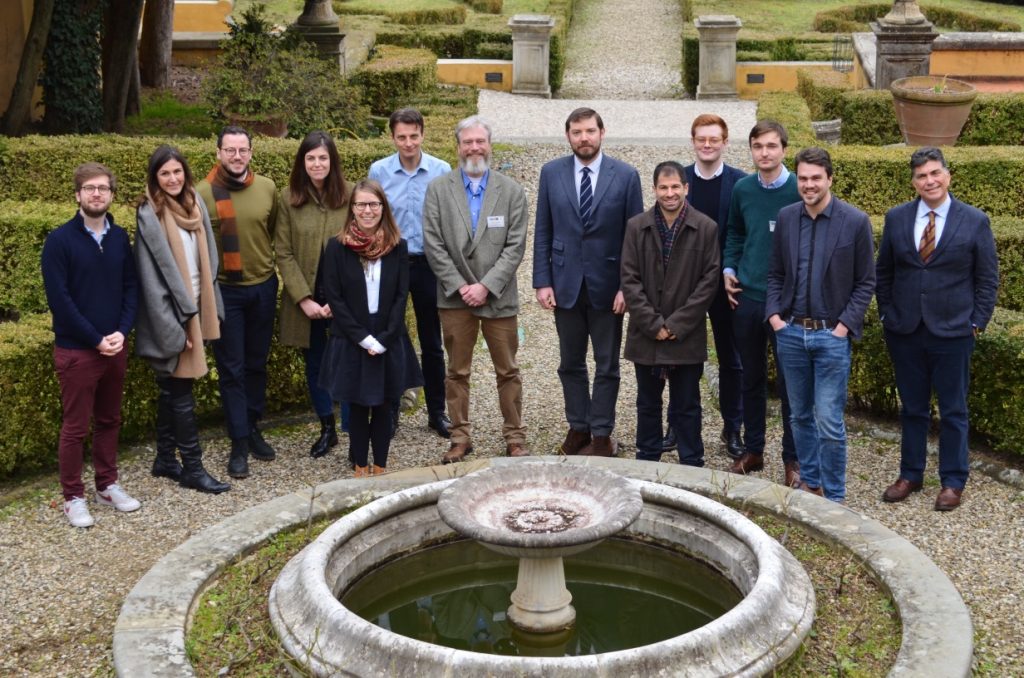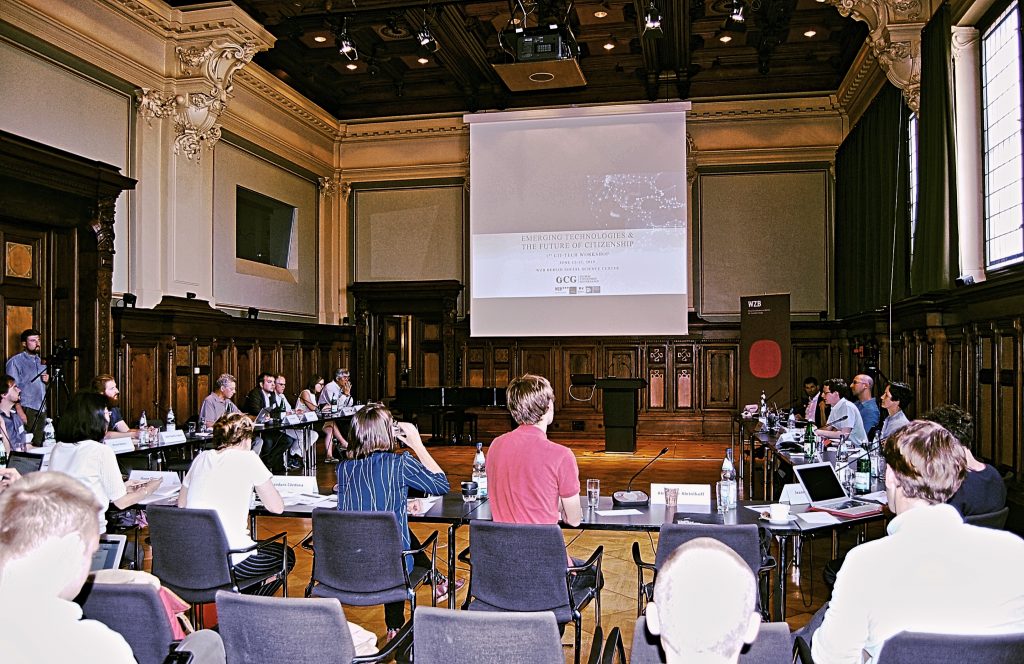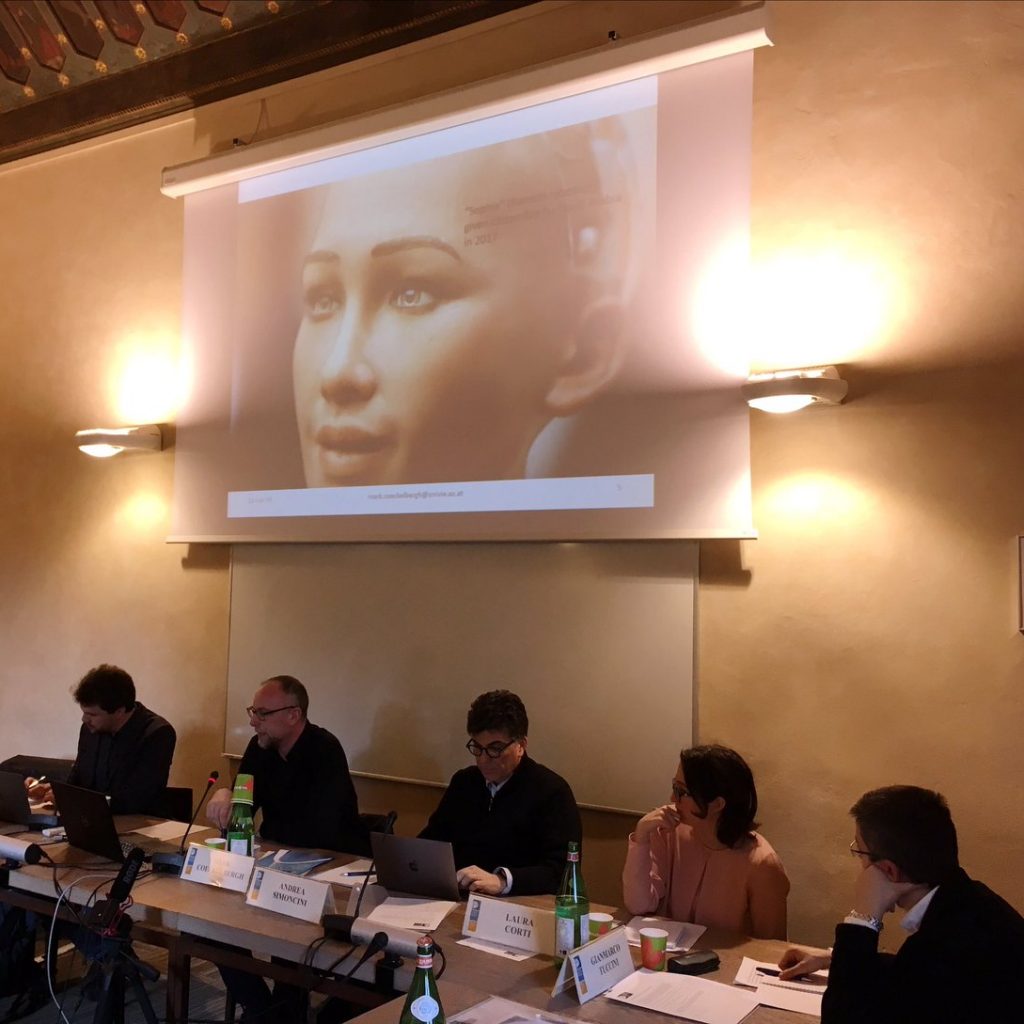CitTech: Global Citizenship and Technology
Emerging technologies change the institution of citizenship and reconceptualize membership and belonging. While the scale of this transformation is unknown, new technologies are already blurring the lines between physical and digital, local and global. Law enforcement agencies employ Artificial Intelligence (AI), data mining, and machine learning to create an algorithmic identity that uses online activity to predict “digital citizenship”; genetic advances expand the understanding of ancestry and migration history—which has been labelled “genetic citizenship”; states use AI and big data technologies for “citizenship gamification”; and blockchain undermines the concept of the state and enable the creation of a decentralized “cloud citizenship.”
CitTech analyzes the institution of citizenship and the transformation it is undergoing in the digital age. It addresses two simple yet important questions: a) What are the impacts of emerging technologies on citizenship regimes?; b) how could emerging technologies contribute to the notion of global citizenship? At first, it reveals the digitalization of citizenship in its four dimensions—status, rights, identity, and participation—and explores how new technologies remodel the essence of citizenship, bring about new forms of governance, and redefine the concepts of sovereignty and state. It then highlights the potential of technology to develop a new concept, “global e-citizenship”, as complementary to, rather than a replacement of national citizenship. It sets out the concept’s theoretical foundations, moral justifications, and institutional designs, and examines the implications for contemporary theories and practices of citizenship. On the whole, CitTech invites us to reflect on the opportunities and the challenges that will shape citizenship regimes in the 21st century.
Research Areas

Matching Algorithms 
Digital Global Registry 
Cloud Communities 
Citizenship Gamification 
Social Credit Systems
Recent Events

Digital Republic or Digital Dictatorship? 
Emerging Technologies and the Future of Citizenship 
Robot Citizenship 
European Blockchain Workshop




